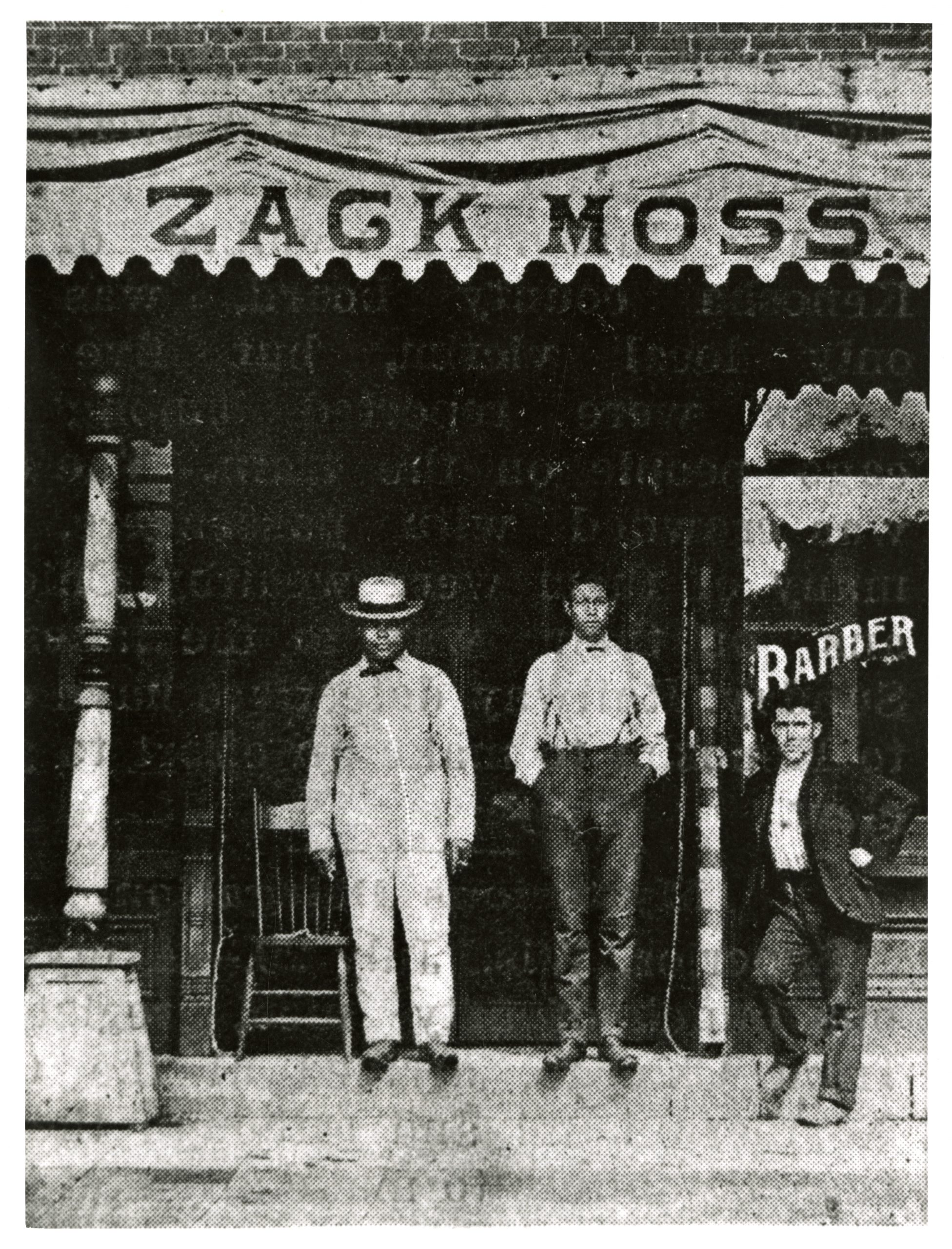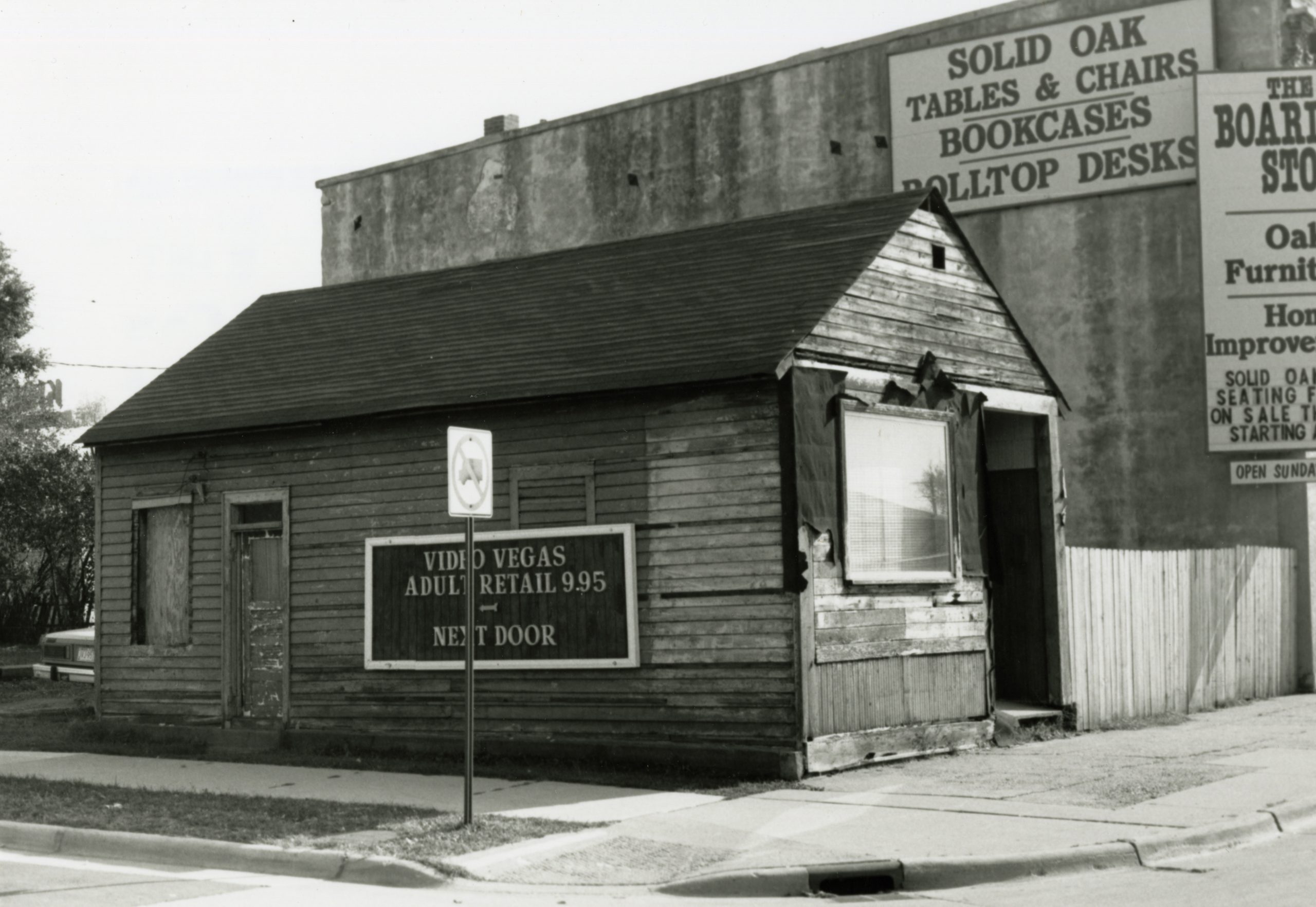Robbie Moss
Robbie Moss migrated from Mississippi in the 1930s. She recalls the burden of being one of the only Black women in La Crosse being so great that it made her sick. She went home twice before she decided to stay in La Crosse due to this emotional and mental toll.
This interview comes from the UWL Oral History Program at Special Collections Murphy Library.
Transcript
Location: 534 Copeland Ave.
Robbie Moss: During the war, the fellas from the Fort McCoy–as it is now–used to come to our door and says, “Where is the Colored community?”
Linda Lizana (Robbie’s daughter-in-law): “…and you’re lookin’ at it!” she says. *laughter*
Moss: I said, “Here it is!! Right here, it is!….This is it!”
Lizana: Really! People get off the trains and look for it, you know. You can’t find it….where do you go?
Moss: So then, do you know what they’d say next? “Well how far is it from here to St. Paul or Minneapolis?” *laughter*
Lizana: I know, but this is it…and you’re attached so tell me where else to go…that’s about it.
Moss: They wanted to go up there. Yeah, that’s the way it was.
Gretchen Lockett (interviewer): I can imagine that it must have been very difficult to not have a…
Moss: It was plain hard. Very hard when you–you know–you born and raised with your own people and then to come here…
Lizana: People–you–people can’t even fathom that–what you say when you tell them…
Moss: It took me five years to decide that I was going to stay here. I went home twice. Bags and baggage.
Lizana: …and I’m still deciding. I’m still deciding…
Moss: Well, really, it was hard. I was plain lost. Matter of fact, I was sick, I’d get on the doctor, I’d just layin’ there sick! Thought that I’d made such a mess of myself.


